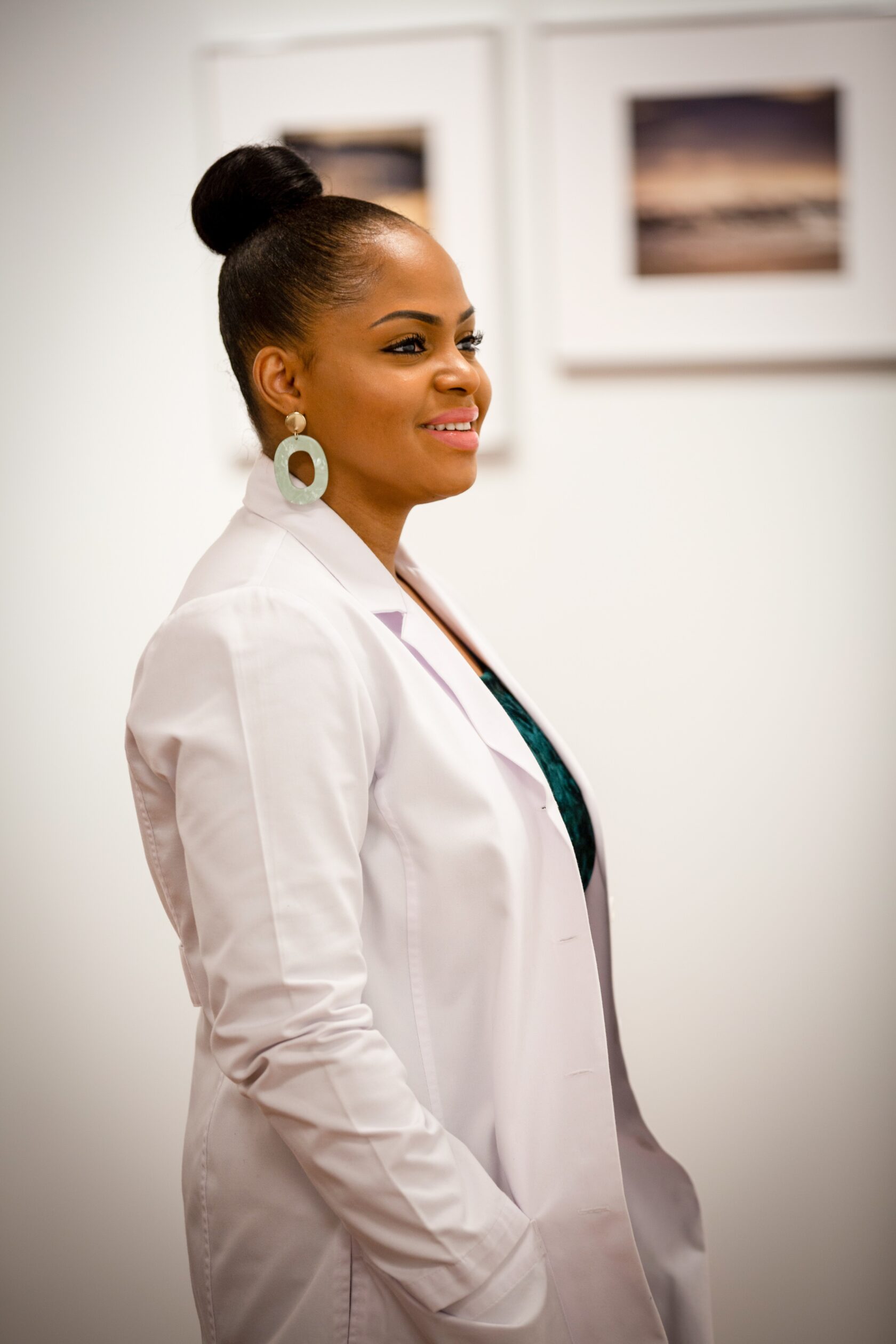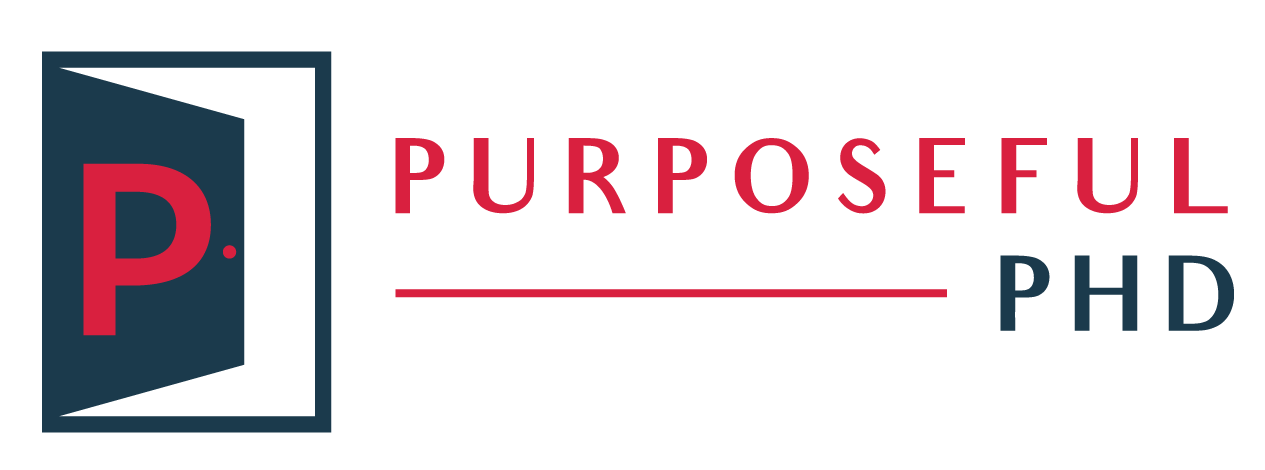
Our educational system inherently trains you for a specific career path. Consider the students that excel in math and science early on that are encouraged to pursue careers such as scientists, engineers, professors, and architects. Those that excel in writing and social studies may be encouraged down a path of being lawyers, communication specialists, journalists or becoming writers. The seeds that are planted early on the one hand can provide possibilities for one to dream and have options later in life. However, this seed planting by others can also perpetuate through college and even into graduate school and result in students being on career paths that they are not fully motivated to be in.
Professors (self-included) while having the best intentions generally encourage you to consider career options that are based on what they are most familiar with (academia, government, industry) or can help you on a path that you may have already identified. However, how often are you encouraged as a graduate student to take time to have internal reflections to truly figure out what it is that you want to do with this advanced and specialized training? At the end of this challenging path, shouldn’t you at the minimum have a next career step that puts your closer to what you truly want to be doing or actually be the career that you want?
It wasn’t until I hit a rough spot in graduate school that I began to reflect on how I even ended up in graduate school. It started with a pursuit of entrepreneurship and a stable and lucrative salary. But that all went out the door when the rollercoaster ride of graduate school happened and I got to a place of just wanting to get out. So then I started to ask some questions to myself in my journal. What were the things that led to my decision to pursue this path? Who were the people that influenced me positively on this path? Why did I pursue this path? What were my motivating factors? And I realized that a lot of my decisions to pursue this path were heavily influenced by others. Their thoughts. Opinions. Praises. Encouragement. Mentoring. Advice. Ideas. Theirs. Partially mine. I realized that there were many things that I envisioned for my career and life beyond graduate school but others didn’t quite get it and couldn’t advise because they hadn’t seen that path before. I was clear on not wanting to be caught up in any career that didn’t give me certain freedoms but also I became confident in knowing that whatever I pursued and committed to next, needed to be something that I truly owned. After all, I was the one that had to put in the work to get to that place and actually put in the work after being in that place.
So this is when my journaling and self-reflection became more intense and I dug deeper to figure out how I could get on a path to combine things that I was passionate about with my technical training into a career that I would fulfill me and bring joy. Perhaps, you may be considering what your job or career is going to look like beyond graduate school. And maybe you haven’t put much deep introspection into your next step because you’re going along with what others have influenced you to pursue. If this is you, I think you owe it to yourself to feel free enough and be encouraged enough to pursue a career that you are both passionate about and that uses your skill set (both broad and deep) and training from graduate school.
Here are a few questions that helped me start to uncover how I could pursue a career and things I was passionate about together and I’d like to share them with you below. Note that I spent a couple of years into my postdoc revisiting these questions and answers, while researching career options and interviewing for jobs, before I gained clarity on what I truly wanted for my career.
What key things and people are most important to me in life?
What do I value most?
What excites me the most about my day?
What things am I passionate about?
If I could be or do anything after graduate school, what would that be?
What problems bother me so much so that I would be willing to put into work to solve them?
What skills through all of my educational training have I gained and am the most competent?
What parts of my educational training have I enjoyed? What has come the easiest?
What parts of this journey and process do I despise, and money wouldn’t make me do them after I finish?
If I didn’t have to put a box around my limits, what would I truly want to do in life?
Does the career I envision exist already? Or is it one that I’d have to create?
I hope that you use some time when you’re sitting on the couch or even taking a walk to spend some time internally reflecting on your next steps beyond your doctoral degree. All things considered and others advice and mentoring much appreciated, you have permission to pursue a path that you are passionate about for your career. No one needs to give you permission to do so except you.
Until next time,
Renã AS Robinson, PhD
Photo by Jeff Denlea from Pexels

